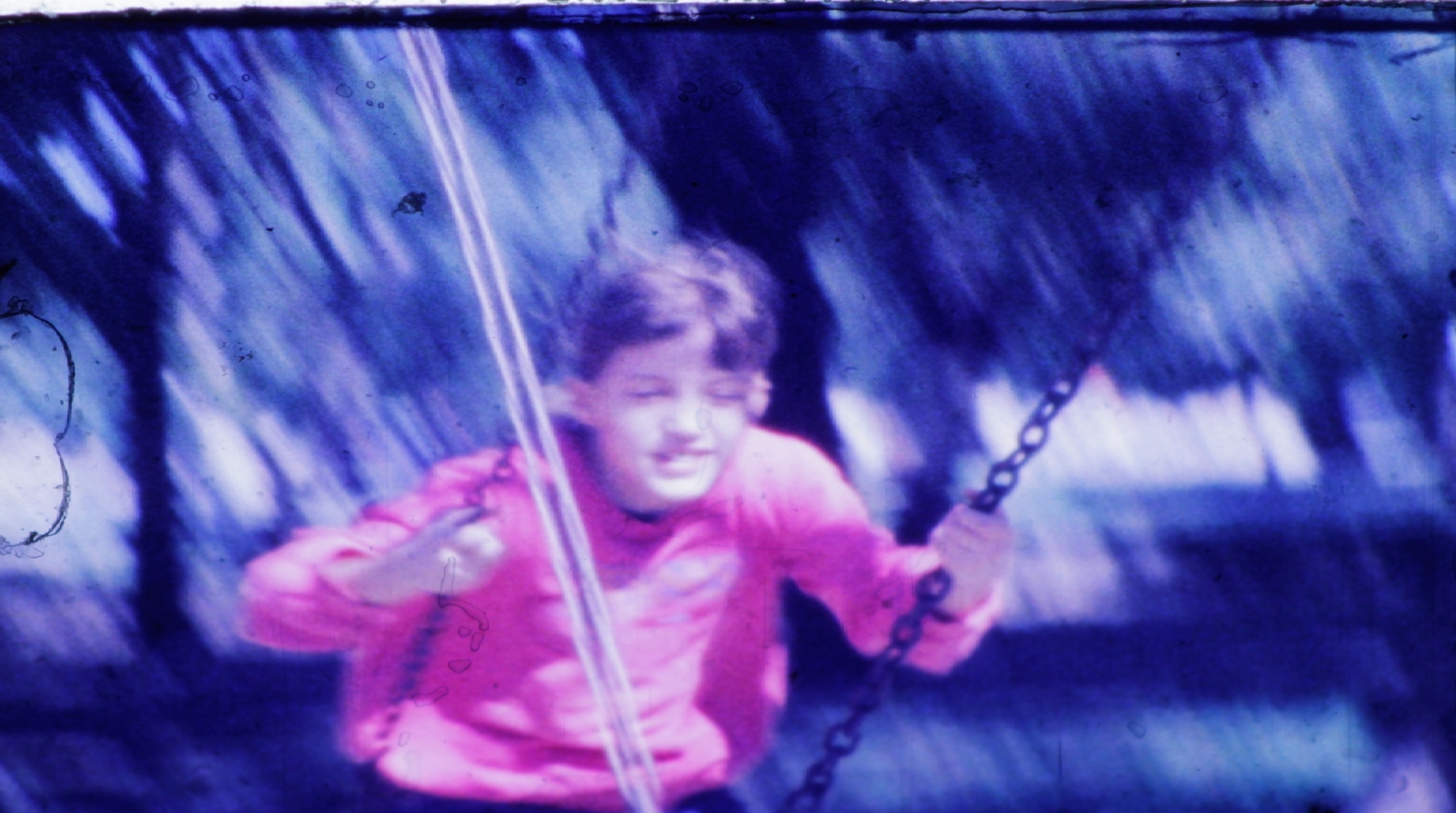Ignacio Tamarit, ¡PíFIES!
¡PíFIES! (from the Spanish slang “mistake”) is the kind of film I’d like to see when screening home movies, but never manage to find. I made a rhythmic collage of film clippings from my home-movies collection that revolved around technical problems, such as violent pans, out-of-focus takes, insane zoom-ins, abrupt cuts, or anything that would be discarded instead of being kept in the final cut. However, ¡PíFIES! ends up being a eulogy to home filmmaking.
Alla presenza dei registi Benjamín Ellenberger, Azucena Losana, Pablo Marín, Jessica Sarah Rinland e del curatore Orazio Leogrande.

Ignacio Tamarit (Buenos Aires 1991) is an audiovisual archivist, teacher and researcher. He teaches Management and Conservation of Audiovisual Heritage and carries out Experimental Film seminars at La Toma de Vista, a venue he has directed since 2019. His films have been exhibited and awarded in international festivals and museums.
Orazio Leogrande
Ten shorts made in Argentina throughout the last ten years. Ten works shot on film. Perhaps these are the only features that these films have in common. One might ascribe them to experimental cinema, inclined as they are to renew forms of expression, production and cinematic experience. These films are in fact self-produced, made by choice, distributed in alternative spaces, and in some cases put together over years. From epistolary exchanges to historical memory, from the structural analysis of a place to its hallucinated revisitation, they reflect a profound image of a distant land. Economic crisis, institutionalised populism, social neglect– but also market colonialism, planetary homogenisation, expanded virtuality, have hindered this form of cinema which – despite or thanks to this – has managed to imagine an alternative present. When at the turn of the millennium the market began to move towards digital, these directors shot their first works in film. Celluloid has the advantage of sowing an immediate, sometimes secret dialogue with filmmakers of the prior generation. It also offers a physical connection with the work material. It anchors a frame to reality, by virtue of a sole and unrepeatable ray of light. Precisely because it is forgotten, the analogue reveals itself as an inexhaustible space of freedom. The films in this programme summarise a near past, and are the outcome of a common battle. In uncertain times, these films also appear as a luminous auspice for what cinema will become.
Con il patrocinio di:


Si ringraziano per la collaborazione:


ALL SCREENINGS ARE FREE

